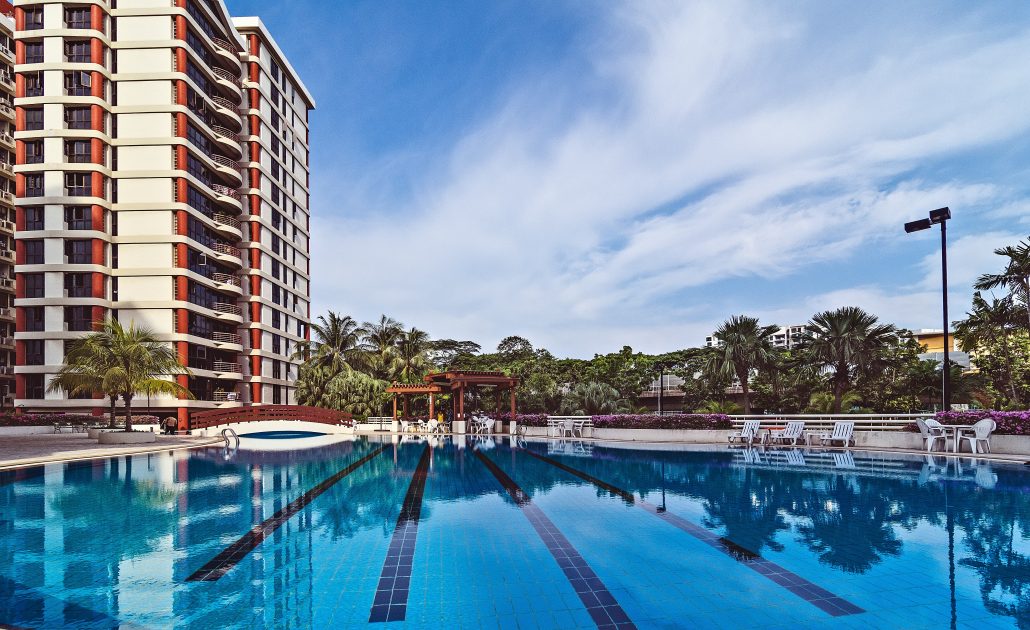URA shocked the private property market with its recent news of halting the re-issuing of Option-to-Purchase (OTP). This comes amidst a weakened economy and rising unemployment rates due to the rippling effects of the COVID-19 pandemic. OTPs have commonly been used to indicate demand for housing and when left unregulated and re-issued liberally, this results in an unfair representation of the private property sector and raises housing prices more than proportionally.
The indefinite renewals of the OTPs resulted in an average of 120 units being ‘returned’ when the buyer eventually forgoes the option. As such, this initiative by URA can be seen as a cooling measure to regulate the private real estate sector. In this article, we will be taking a look at how URA’s new policy could impact your future plans to purchase a private home!

For starters, an OTP is, in simple terms, a way for you to ‘book’ a unit at an agreed price, paying a deposit of varying sums depending on the seller. During this period, the seller is prohibited from selling the property to anyone else until the expiration of the OTP. Upon paying the deposit and receiving the OTP, the buyer will be required to exercise the option by paying the down payment of the home within a limited time period. Of which, failure to do so within the specified time frame, the OTP expires, and the seller gets to retain the fee received.
For many who seek to get their hands on a private unit, not everyone has the available resources to pay up the minimum down payment sum – 25% of the agreed price, of which 5% must be in cash. Usually, buyers who are upgrading will depend on the sale proceeds of their previous property to finance their new property.
However, some are unable to successfully sell off their previous home within the specified timeline before the OTP expires. This is where interested buyers, through the help of a licensed property agent, makes a special agreement with the private developers, to ask for an extension of the OTP exercise deadline. In some cases, homeowners and private developers reach an agreement to extend the deadline for the OTP, with some successfully bargaining for an extension of up to 18 months! However, this loophole is quickly exploited by investors and high-appetite home buyers, resulting in misalignments and misrepresentation in the property market.

What was the main purpose behind this new policy?
So you may be wondering, why did URA decide to curb such a common practice all of a sudden? You could say that COVID-19 shook things up, with greater importance placed on the need for financial prudence amongst Singaporean citizens as the economy takes a nosedive into a contraction, and no one knows for certain when situations around the world would improve. By halting the practice of re-issuing OTP with immediate effect, it could serve as a double-edged sword. The benefit of this initiative is that potential buyers are now required to have the actual financial means to finance the new property. This hedges against the rampant purchase of properties which drives up the property market disproportionately and minimizes the incurrence of financial debts.
What can I expect from this new initiative?
Under this new initiative, it is important to note that all OTPs have to be exercised within 3 weeks of the initial booking. This means that interested buyers are required to possess the sufficient funds and resources to make the relevant down payment when signing the Sale and Purchase Agreement. Failure to do so results in immediate lapse of the OTP, in which 25% of the booking fee is kept by the private developer. Given that the booking fee is often 5% of the sale price, the total amount forfeited to the developer amounts to an estimated 1.25% of the entire property price. For example, a couple expressed intentions to purchase a brand new $1-million condominium, paying for the Option Fee (5%) of $50,000. However, they were not able to meet the requirements within 3 weeks, and hence, 25% of $50,000 will be forfeited and kept by the developer as compensation for opportunity cost. This would add up to $12,500 being forfeited and borne as a cost to the couple. Hence, it is definitely a costly venture, not worth the take!
However, there may be instances where a sincere buyer who wishes to purchase a new private property is faced with difficulties with the provision of the funds (e.g delay in sale of previous property) to exercise the option within 3 weeks. Exceptions can be made, for the OTP period to be extended up to a maximum of 12 weeks, buying time for the bona fide purchaser to successfully acquire the necessary funds for the down payment. This is subjected to an agreement between the purchaser and private developer and assessed on a case-by-case basis by the URA.

While this may come as a shock to some, the demand for private property has yet to take a dip even in the slightest. Over the past weeks, several private condominium launches sprung up all over the island, including Penrose and Verdale. Even with the implementation of URA’s latest curb, private developers including Hong Leong reported that more than 60% of their units were sold over a single weekend.
COVID-19 was indeed a black swan event which nobody would have predicted, however it seems that Singaporeans and our property market are showing resilience even in the face of calamity. As the daily number of reported community infections have also remained at an all-time low and Phase 3 seems to be on the horizon, it is not the time for Singapore to get complacent just yet. Stay resilient and vigilant Singapore!
Want to find the best mortgage rate in town? Check out our free comparison service to learn more!
Read more of our posts below!

